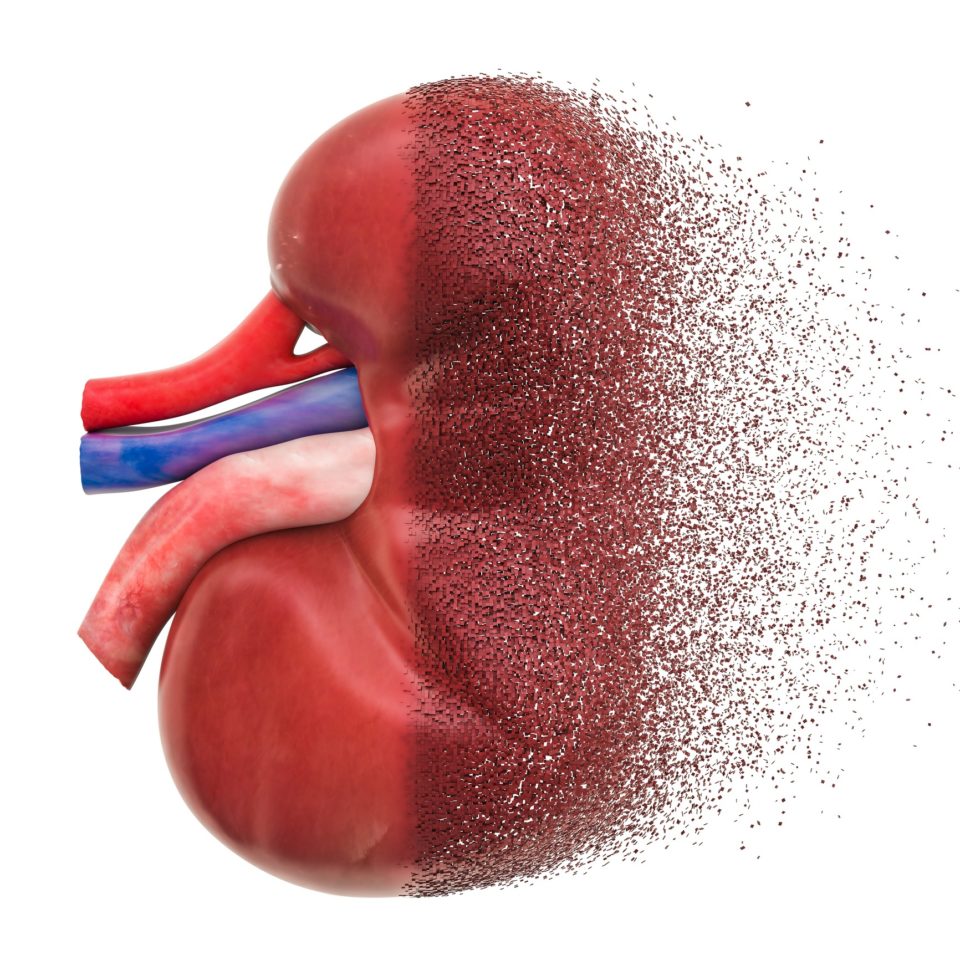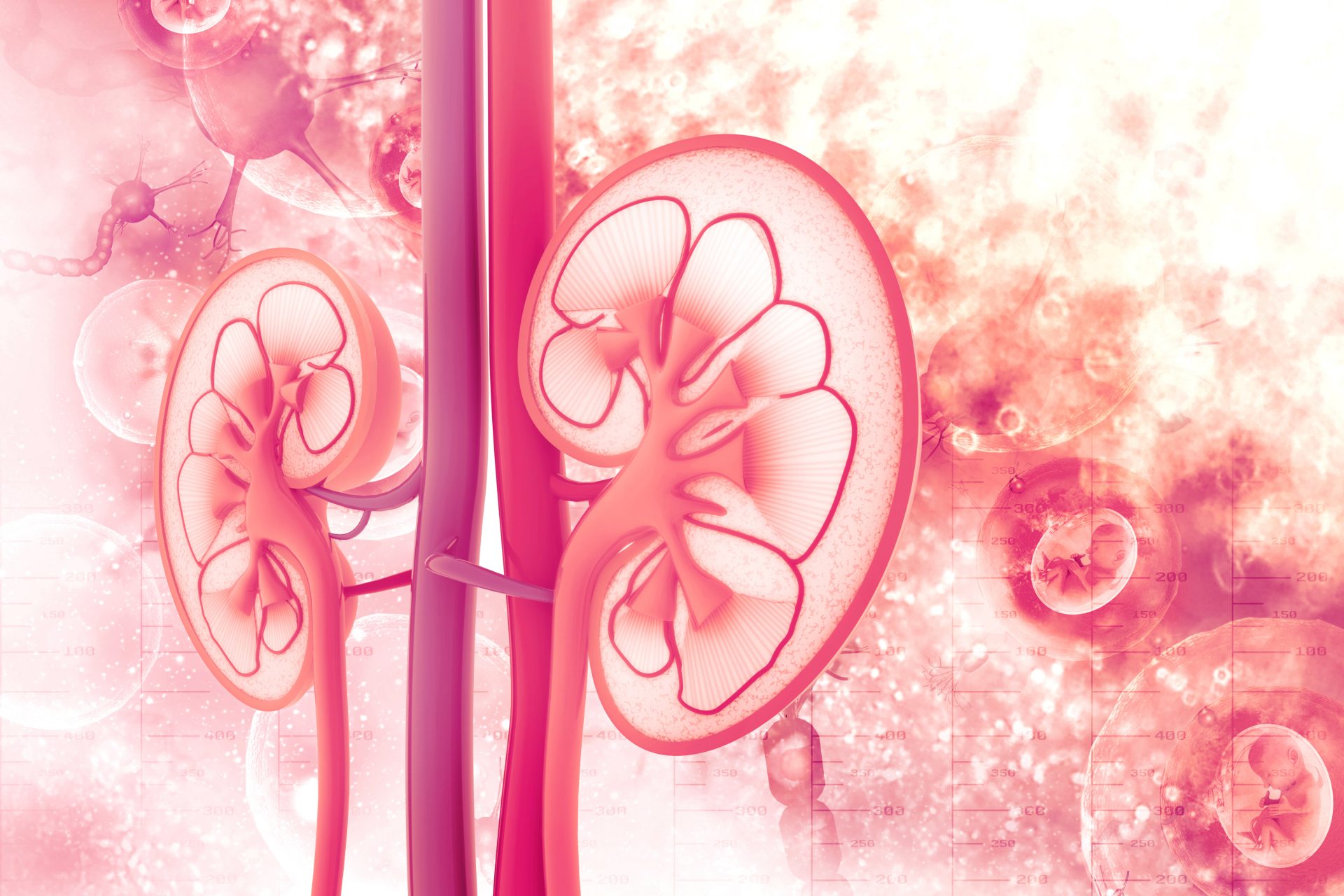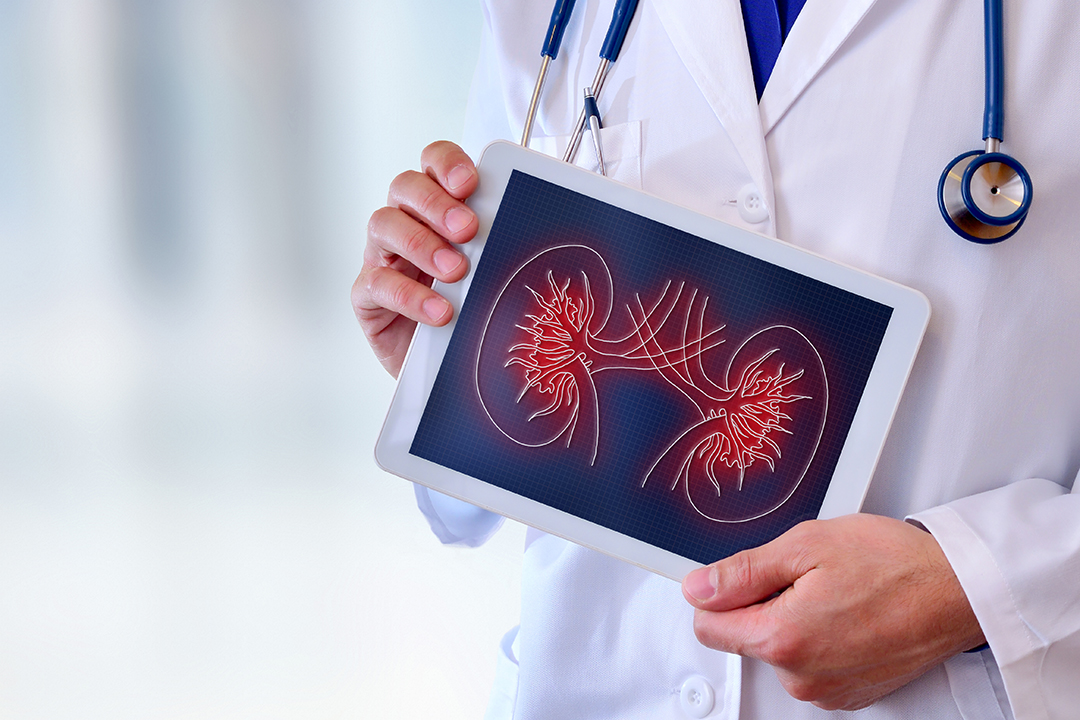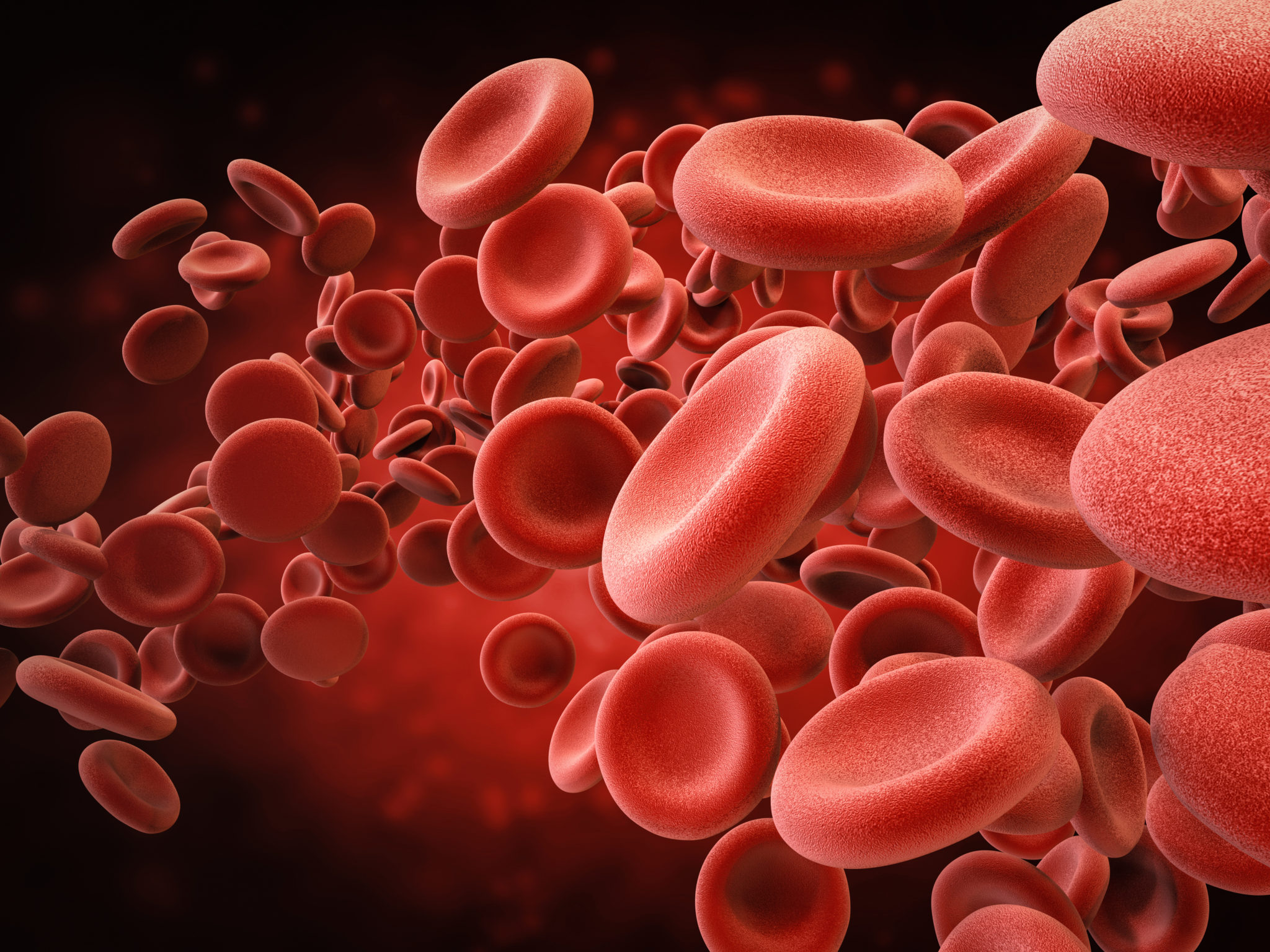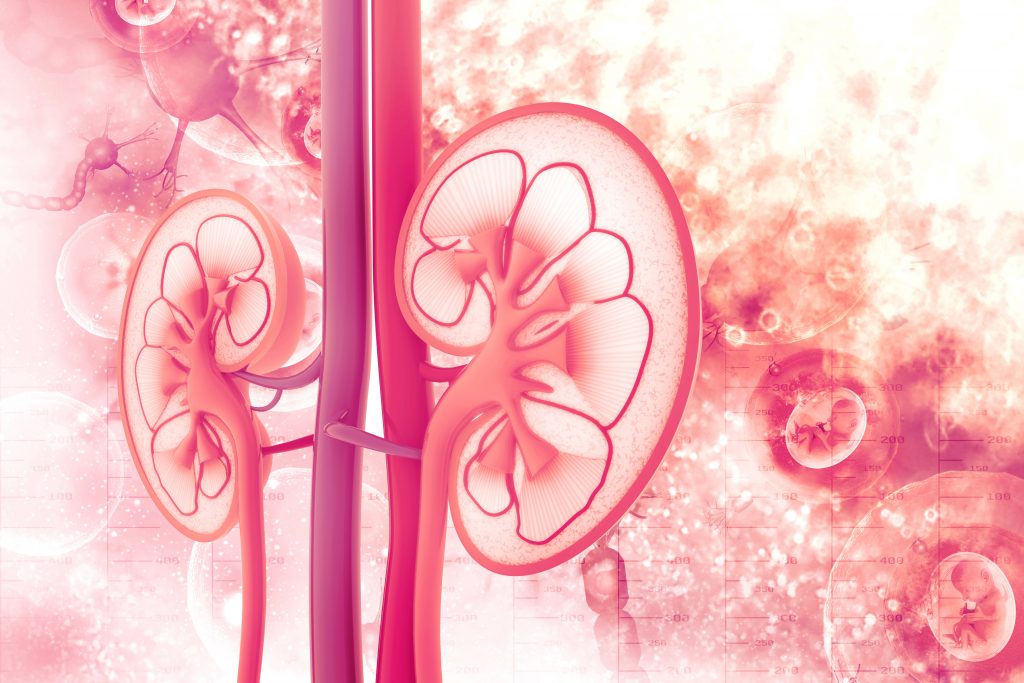Amy Larkin, PharmD, and colleagues conducted an analysis to determine whether online continuing medical education (CME) could improve the clinical knowledge of both nephrologists and primary care physicians (PCPs) regarding the management of patients with chronic kidney disease-associated pruritus (CKD-aP). Results of the analysis were reported during a poster session at the NKF SCM22. The poster was titled Impact of Online CME on Knowledge of CKD-Associated Pruritus.
The CME format was an online, 30-minute, discussion with three CME-certified experts. The current analysis was designed to test the effect of the activity. Prior to and immediately following each activity, participants answered three multiple-choice knowledge/competence questions and one self-efficacy confidence question. The educational effect of the activity was assessed using a repeated pairs pre-/post-assessment study design, paired samples t-test for overall and McNemar’s test at the question level (5% significance level, P<.05).
The analysis included all of the 514 nephrologists and 173 PCPs who answered all pre- and post-assessment questions. Overall, there were improvements seen following participation in both CME activities.
Sixty-one percent of nephrologists and 39% of PCPs improved their knowledge (P<.01 for both groups). Specifically, 37% of nephrologists and 18% of PCPs showed improvements at characterizing the incidence of CKD-aP (P<.01 for nephrologists; P<.05 for primary care physicians); 42% of nephrologists and 27% of PCPs demonstrated improvements at identifying new and/or emerging treatment options for CKD-aP (P<.01 for both groups); 8% of nephrologists and 6% of PCPs demonstrated improvements at recognizing strategies for a successful care team approach in managing CKD-aP (P=nonsignificant for both groups due to high baseline).
In response to the question relating to confidence, 44% of nephrologists and 36% of PCPs had a measurable improvement in confidence in identifying the issues as well as recognizing the signs and symptoms of CKD-aP (P<.01 for both groups).
Continued identified educational gaps related to CKD-aP were (1) incidence of CKD-aP (47% nephrologist; 58% PCPs) and (2) information related to new and emerging treatments for CKD-aP (19% nephrologist; 54% PCPs).
In summary, the authors said, “This study demonstrates the success of online, video-based three-expert discussion on improving knowledge of nephrologist and PCPs related to new/emerging treatment options for CKD-aP. Continued knowledge gaps were identified for future educational targets.”


